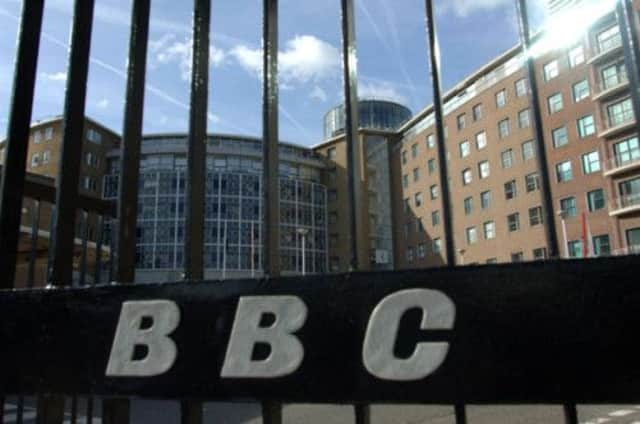Leaders: Trust must replace elitism and complacency


Times change, and an institution like the BBC has had to change too. The stern Free Presbyterian principles which Reith, a Stonehaven-born son of the manse, imbued in the Corporation had to give way to a newer, dare we say, freer ethos as the face of broadcasting changed dramatically to reflect societal changes.
However, while more modern attitudes at the BBC may have, in some cases, helped it become more creative – producing everything from great dramas through powerful documentaries to its still magisterial coverage of major sporting and political events – there was also a significant downside to its modernisation.
Advertisement
Hide AdAdvertisement
Hide AdWhilst it had to lose the most restrictive of the Reithian values, in its upper echelons at least the Corporation which emerged adopted the values – if that is the right word – of the worst kind of corporatism with senior managers demonstrating an arrogance, complacency, elitism and hubris which would not have been out of place amongst now disgraced bankers.
A harsh judgement of an organisation which still does much good and is said still to be the envy of the world? Not if you read the report published yesterday by the National Audit Office (NAO), which severely criticised the BBC for handing out more than it had to in generous severance payments to 150 senior managers, and in so doing risking “public trust”.
Given the top ten payments in the three years to December 2012 accounted for 20 per cent of £25 million, the NAO charge of risking trust is something of an understatement. The excuse offered by the BBC’s new director general Tony Hall that “these payments were from another era and we are putting a stop to them”, has the desperate air of a man slamming shut the stable doors long after the horses have bolted, carrying off hundreds of thousands of pounds paid for from the licence fee we are all forced to pay.
Mr Hall may be new in the post, but he is a BBC veteran and he must surely be aware that while these massive payoffs were being made to trim a bloated management – which should never have been allowed to grow as bloated as it did – hundreds of ordinary BBC staff were losing their jobs and were not treated with the obscene generosity of their feather-bedded one-time managers.
In its modern version of Reith’s remit, the BBC says its mission is “to enrich people’s lives with programmes and services that inform, educate and entertain”. One of its key values is that “trust is the foundation of the BBC”. Mr Hall should take a long, hard look at these words, and reflect on what they mean for his organisation.
Beware fire in the sky
Releasing Chinese lanterns into the air has become the latest of many fads and trends imported into this country. The practice has been adopted for celebratory occasions like weddings, as the lanterns are said to bring good luck.
While the sight of dozens of paper frames with candles below them floating heavenward can be very moving, events in the West Midlands of England should make us pause to consider whether this latest fashion should continue.
Why? Here are some facts. Lanterns are believed to have caused the massive plastic recycling material blaze in Smethwick. More than 200 firefighters attended the incident. Three were taken to hospital. The fire resulted in a 6,000ft smoke plume and caused an estimated £6 million damage.
Advertisement
Hide AdAdvertisement
Hide AdAs a result of this incident, fire chiefs in the area have called for an “urgent review” into the use of Chinese lanterns, a call echoed by Keep Britain Tidy chief executive Phil Barton who says they are “clearly dangerous”.
Now, we should not, of course, over-react to this incident. It is very unusual. The chances of the flaming lanterns landing where they did and causing a fire must be slim. Nevertheless, we would be foolish to ignore the potential dangers they bring.
We do not want to appear to be po-faced killjoys, or indeed to advocate some new layer-
stifling-layer of bureaucracy in an already over-regulated world, consideration must be given to the continued use of Chinese lanterns in this way.
Commonsense tells us that sending flaming objects into the air must be a risk. Perhaps we should stick to other ways of marking events.